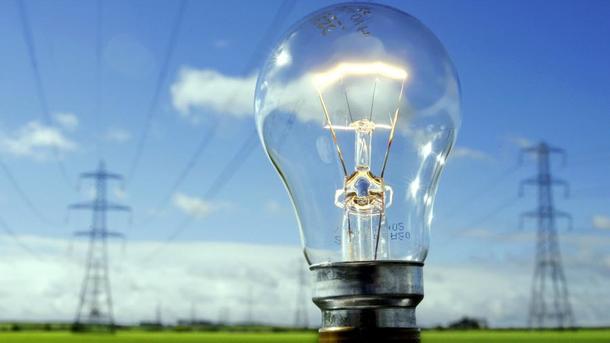Commission Expert Group reported on 2030 electricity interconnection targets
Today (November 9 2017), the European Commission's Expert Group on electricity interconnection targets presented its report to Commissioner Miguel Arias Cañete.
Set up in March 2016, the Expert Group's aim is to provide technical advice to the Commission on the extension of the current 10% electricity interconnection target (defined as import capacity over installed generation capacity in an EU country) to 15% by 2030, while taking into account the costs aspects and the potential of commercial exchanges in the relevant regions.
Acknowledging the work undertaken by the experts, Commissioner Arias Canete said:
In our Clean Energy for All European package, we put forward ambitious proposals to make our energy system more sustainable, competitive and secure. These objectives can only be achieved if infrastructure development follows the pace. I warmly welcome the experts' hard work, and we will study its conclusions and recommendations. We will present later this month a clean energy infrastructure package, which will include the third list of Projects of Common Interest and our ideas for making operational the 15% interconnection target for 2030.
The report by the Expert Group highlights that interconnectors must help exploit the benefits of market integration by enabling better prices for customers, help meet electricity demand on national markets, and contribute to the best use of renewable electricity across Europe. In this regard, the Expert Group recommends specific thresholds for interconnection levels as measured in relation to the peak consumption and installed renewables production in each Member State. Furthermore, the Expert group recommends to use €2/MWh of yearly average price difference between relevant countries or regions as the indicative threshold for considering the development additional interconnectors.
In addition, the report emphasises that each new interconnector be subject to a socio-economic and environmental cost-benefit analysis, and implemented only if the potential benefits outweigh the costs. To promote public acceptance, the involvement of citizens, civil society groups and relevant stakeholder groups potentially affected by new interconnectors should be ensured at an early stage. Finally, the Expert Group recognises that rapid technological developments in the near future are likely to strongly influence the electricity network infrastructure and that therefore the proposed methodological approach of measuring interconnectivity should be reviewed regularly.
For the full text of the report, click here.









